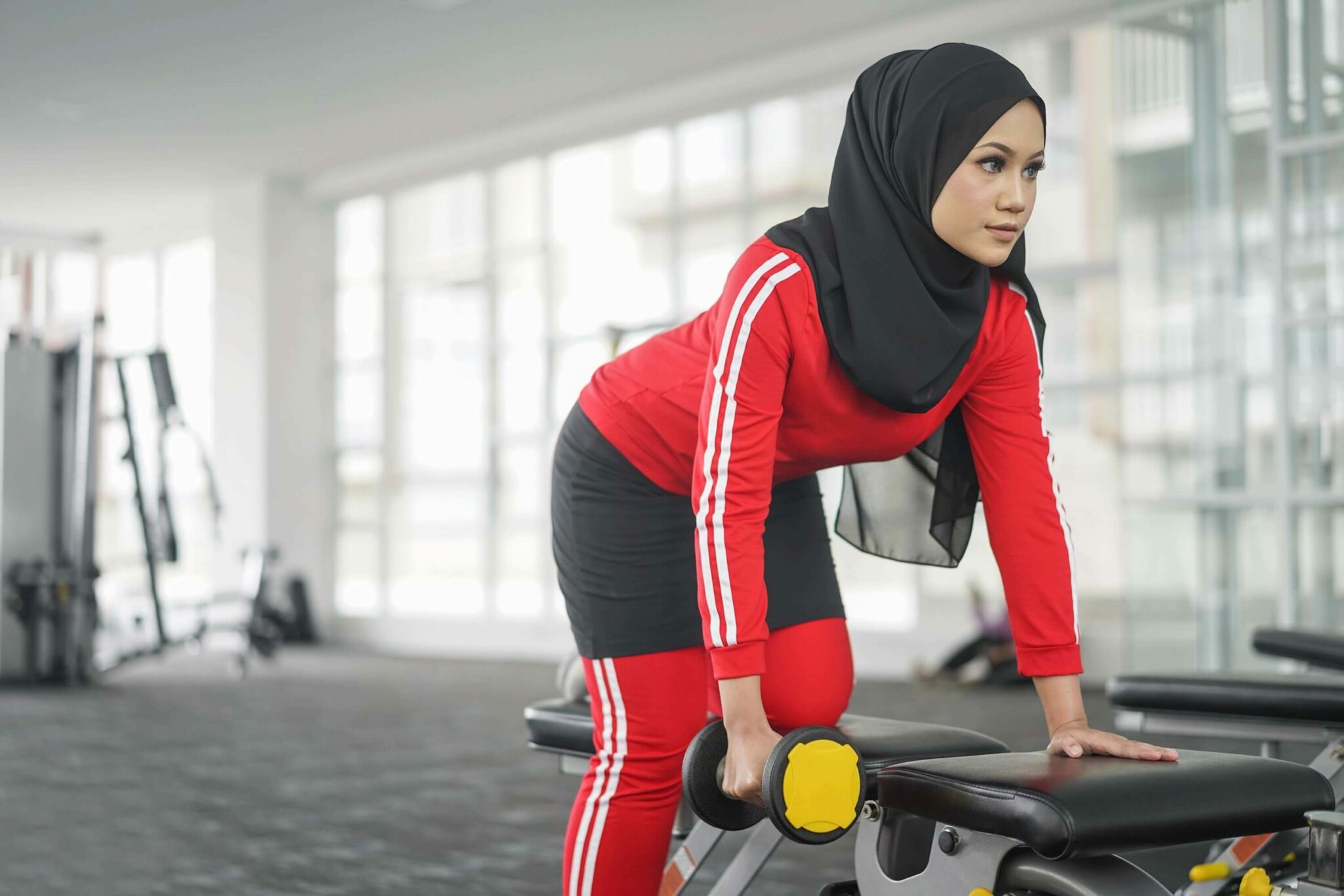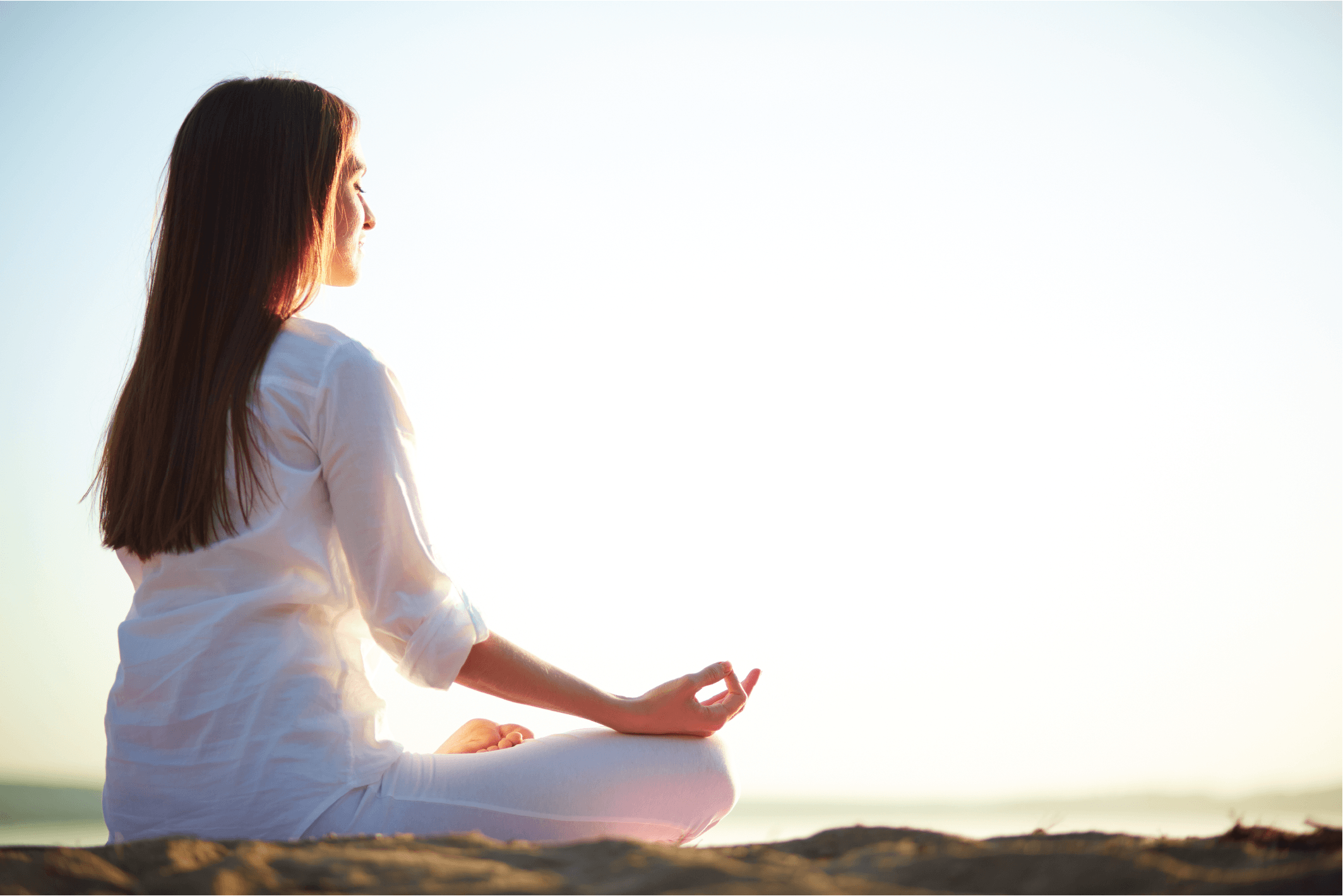Exercising Safely During Ramadan


The holy month of Ramadan is a time for reflection and commitment to one’s faith. It is also an opportunity to spend time with loved ones, particularly at Iftar when family and friends come together to break their fast and socialise.
Fasting between the hours of sunrise and sunset can be a psychological and physical challenge. It inevitably results in changes to the normal sleep pattern and a disruption to the body’s circadian rhythm. Dehydration is an issue, particularly in countries with a hot climate, and those who are fasting are encouraged to consume plenty of liquids between iftar and suhoor to replenish the lost fluids.
So, at a time when the body is already under increased stress, is it safe to exercise, or should activity be kept to a minimum?
Should I exercise during Ramadan?
The answer may well be a surprise to some, but maintaining a reasonable level of physical activity can actually be beneficial. Experts recommend moderate exercise and explicitly discourage fasting Muslims from adopting too sedentary a lifestyle. Fasting without partaking in any exercise reduces metabolism, as well as physical strength and fitness; keeping active ensues that you stay healthy for the duration of the holy month.
What exercise is recommended?
The type of exercise depends not only on how physically fit you were prior to Ramadan, but also on when you are exercising. Vigorous, high impact exercise is only recommended after futoor, so that you can stay hydrated and replenish your nutrients straight afterwards. During the hours of fasting, high intensity exercises should be avoided as these will increase the amount of fluid lost, which, in turn, increases the risk of dehydration.
Between suhoor and futoor, the best forms of activity include taking a brisk walk, or slow jog, or going for a bike ride. Use exercise machines at a low setting and, if you lift weights, consider reducing the load for the duration of Ramadan. Try to exercise in locations that have air conditioning.
Also, bear in mind that Ramadan is a time when you are more likely to have disturbed sleep patterns, and, as a result, impaired vigilance and slower reaction times and as such you may wish to modify your usual training programme.
When is the best time to exercise?
If you choose to exercise before breaking your fast, aim for light exercises that will not cause you to lose too much body fluid. A good time to exercise is in the hour before iftar; this way your body will soon receive the required nourishment. This is ideal for those who use the breaking of their fast as a time of socialisation to be spent with family. However, if you feel particularly weak or dehydrated, you should avoid exercise until after you have eaten and replenished your blood sugar levels.
If you exercise after iftar, try to wait for 2-3 hours so that your body has had time to digest the food. The advantage to exercising at this time is that you can continue to consume fluids as you work out and therefore, you can engage in heavier exercise. Another advantage is that lost fluids, salts and minerals can all be replaced at the pre-dawn meal, prior to starting the next day’s fast. Problems with exercising at this time, include finding facilities that are open at what would normally be considered to be ‘anti-social’ hours and fitting a workout into your own social schedule. The time between futoor and suhoor is typically quite hectic, involving socialising, eating, praying and sleeping. Depending on geographical location and time of year it may also be quite restricted timewise, so fitting exercise in, as well as everything else, might prove challenging.
If I want to exercise should I modify my diet at suhoor and iftar?
The main thing is to try and maintain a balanced diet at the times that you do eat. Increase your complex carbohydrate intake at suhoor. Eating the right sorts of carbohydrates (peas, whole grains and vegetables) will give slow energy release throughout the day. Avoid simple carbohydrates, such as sugars, fizzy drinks and baked goods, as they are low in nutrients and only provide short-term energy. Also include food with a higher fat content in your pre-dawn meal, as this will slow gastric emptying, meaning it will take longer for you to feel hungry and your body will have accessible energy for longer. Eat a nutritional meal at the break of fast and try to increase your protein intake. Consuming foods that are potassium-rich during iftar is also recommended, as potassium levels fall when body fluids are lost. Foods high in potassium include beans, leafy greens, potatoes and bananas.
Maintaining hydration is essential, at both suhoor and iftar, so consume plenty of water and include foods that have high water content, for example fruits, vegetable, soups and stews.
Will fasting affect my performance?
This question is particularly relevant for athletes, who are keen to maintain their training schedule throughout Ramadan. You may wish to adjust the times at which you train to late at night and early in the morning, and it is also worth considering reducing the intensity of your exercise for the duration of the holy month.
Studies have shown that whilst anaerobic performance reduces during Ramadan, aerobic power and muscle strength do not significantly change. The best way to maintain performance is to monitor your food intake between sunset and sunrise and try to avoid fatigue, by minimising sleep loss.
Whilst keeping active during Ramadan is generally considered to be a positive thing, do take care of yourself. Consult a healthcare professional if you have any concerns and stop exercising immediately if you feel dizzy or nauseous, or experience chest pains.
A big part of Ramadan comes from strengthening the communal spirit; taking the time to pray, eat and talk together as friends and family. Exercise and socialisation do not have to be independent events, for example, great pleasure can be obtained from taking walks as a family, either late at night, or first thing in the morning. Keeping active and healthy will help you observe the holy month and maximise your spiritual development.
Try Nabta’s energy booster and stay healthy
Sources:
- Baqer, H R. “Physical Activity during Ramadan.” Hamad Medical Corporation, Ministry of Public Health, http://www.hamad.qa/EN/your health/Ramadan Health/Health Information/Pages/Activity.aspx.
- Shephard, R J. “Ramadan and Sport: Minimizing Effects upon the Observant Athlete.” Sports Medicine, vol. 43, no. 12, Dec. 2013, pp. 1217–1241., doi:10.1007/s40279-013-0080-7.













































